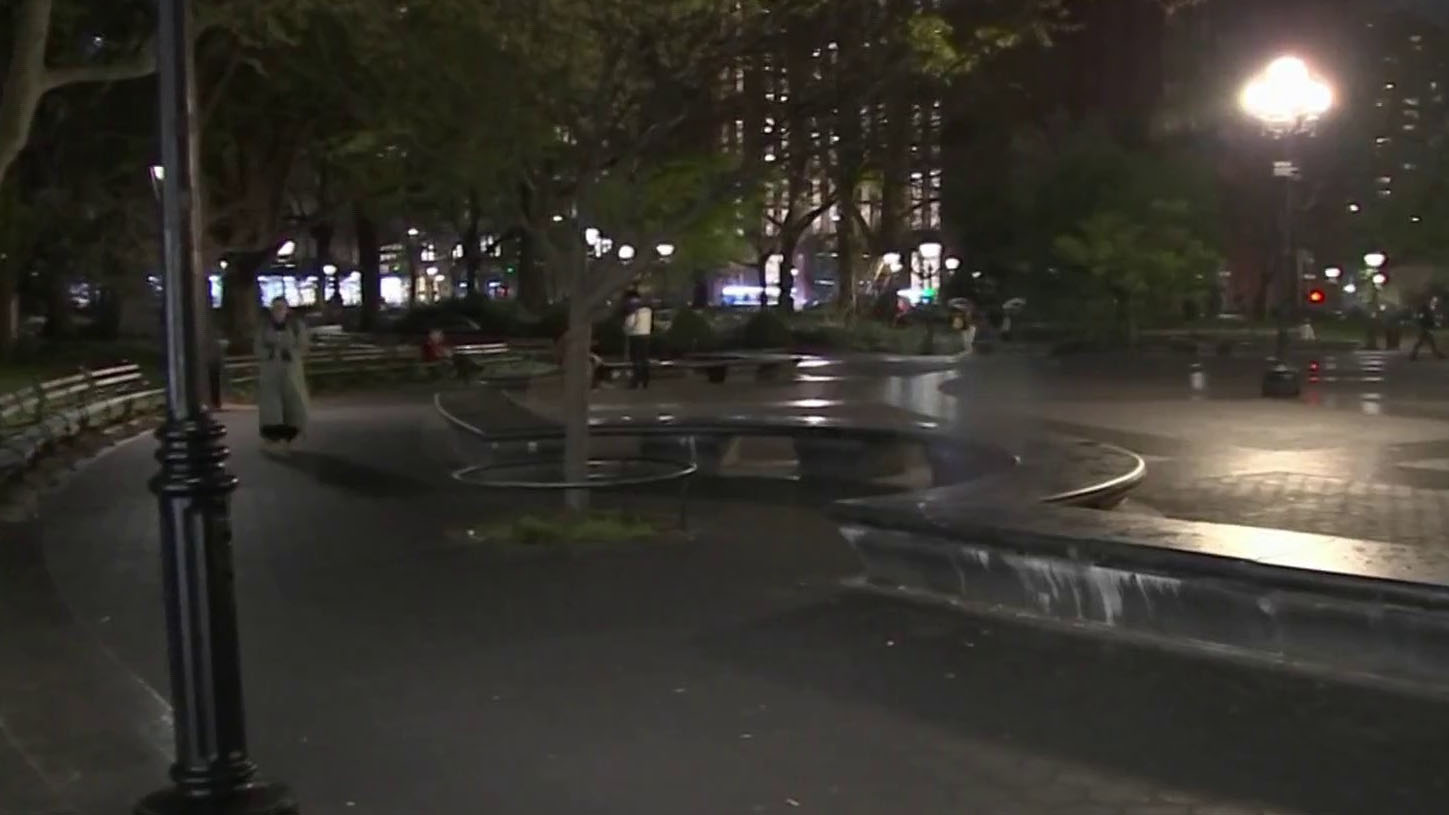Every year at this time I become angry at what appears to me the desecration of the memory of our two greatest presidents.
Presidents' Day is a mindless amalgam of history. And it should be especially bothersome to New York City, on which these men, George Washington and Abraham Lincoln, made deep impressions.
We celebrate Presidents' Day this year on Monday, Feb. 20, but it has nothing to do with Washington’s birthday, on Feb. 22, or Lincoln’s, on Feb. 12. It will happen on a different date based on commercial and other concerns. And that is outrageous.
When I was in elementary school in the Bronx, we celebrated each of these two days with reverence. It helped, of course, that we enjoyed two extra days off in the winter. But our teachers and textbooks instilled in us also a deep respect for the achievements of these leaders and their character.
According to Edward Robb Ellis' "The Epic of New York City," George Washington was inaugurated as President here, heralded by the booming of guns and the tolling of church bells. The city was crowded with visitors from nearby states. Hotels and private homes were overflowing and tents were set up in the streets. More than 100 ships filled the harbor. Church bells summoned citizens to pray for Washington.
Shortly after noon, Washington appeared on the Federal Hall balcony over Wall Street, facing south on Broad Street. As spectators cheered, Chancellor Robert Livingston administered the oath.
Washington, his hand resting on an open bible, declared, “I will faithfully execute the office of the President of the United States….”
As he concluded, Washington leaned down and kissed the bible and said: “So help me, God!”
According to Ellis, Livingston declared, “Long live George Washington, President of the United States!” And there were prolonged cheers, as cannons went off and the sound of church bells echoed in the narrow streets.
Washington trembled with nervousness as he began his inaugural address to the senators and representatives assembled inside. It was more a prayer than a political document. He invoked the power of “that Almighty Being who rules over the universe” to bestow on the new nation “His benediction {that} may consecrate to the liberties and happiness of the people of the United States.”
Local
Thus, New York City was the stage for one of the most important moments in the first president’s life.
Abe Lincoln, too, had a love affair with this city. He once said, “Brady and the Cooper Institute made me President.” Matthew Brady was the photographer who took a classic picture of Lincoln on the afternoon of his famous speech at Cooper Union. That photograph would be circulated throughout America in advance of the election --- and Lincoln’s face would become known.
In the audience at Cooper Union were many leaders of the newly organized Republican Party. It was like a movie premiere --- except that they were not previewing a film but a midwesterner they hoped might win enough votes to become president. And Lincoln was well aware of this.
When he took the stage, many of these New Yorkers were not overly impressed. His clothes were black and didn’t fit well and were wrinkled.
One member of the audience noted he spoke in a very low voice and said, “Mr. Cheerman” instead of “Mr. Chairman.” This person said to himself, “Old fellow, you won’t do. It is all very well for the wild west but this will not go down in New York.” He was wrong.
For, as Lincoln got into the speech, the crowd forgot his awkwardness and concentrated on his words. Lincoln’s face lighted up with “an inward fire,” according to the witness, and soon many were on their feet cheering “this wonderful man.”
It was a critical moment in the nation’s history. The issue of the election was what to do about the extension of slavery. Lincoln posed the question: can we let slavery spread into the national territories and free states? He gave his answer powerfully, making clear that slavery could not be allowed to spread.
“Let us have the faith,” he declared, “that right makes might, and in that faith let us to the end dare to do our duty as we understand it.”
There were prolonged cheers and the text of the speech was published the next day in several New York newspapers, then shipped to other cities, where newspapers and pamphlets carried it, too. It was a turning point in the presidential campaign of 1860 --- and Abe Lincoln and New York were deeply involved in that historic moment.
So is it so important to have three-day weekends and make it easier for stores to have sales? Or is it more essential to teach our children the importance of these two presidents and celebrate their birthdays and their lives?
We need heroes. We need history, to sustain us and make us proud.
The politicians who voted to scramble Washington and Lincoln’s birthdays in the name of commerce ought to apologize to our children.
They should right the wrong.



